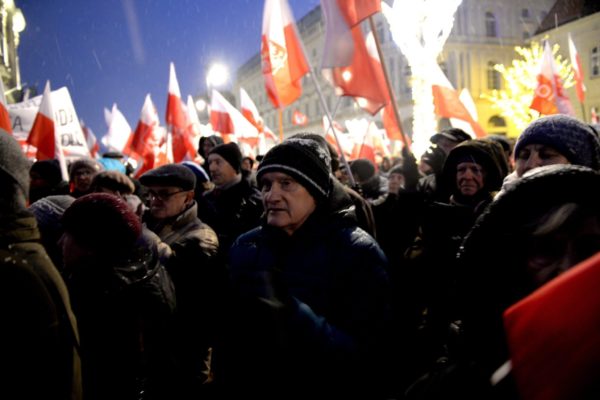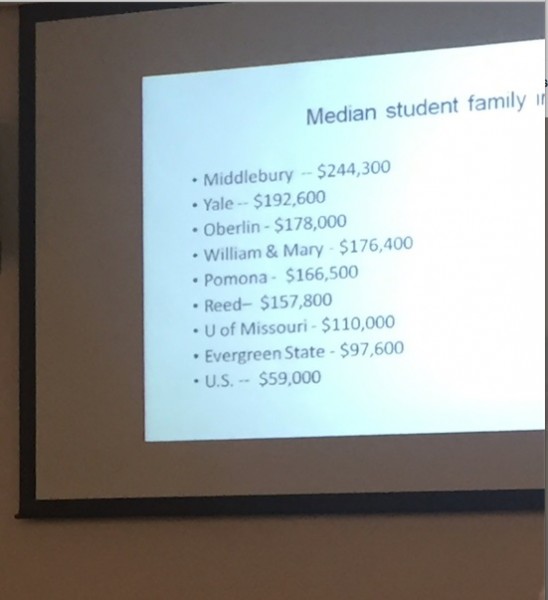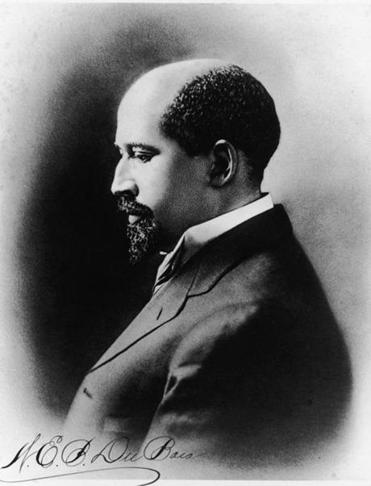
Populism or Capitalist De-modernization at the Semi-periphery: The Case of Poland
There is, finally, one more reason why only a unified front of Old and New Left may be successful in countering both neoliberalism and populism within parliamentary politics. An important—I’d say even the largest—part of progressive political mobilization is nowadays done by women. At least that is the situation in Poland. It is obvious that women would not give up women’s causes and fight just for redistribution under the banners of the Old Left. We do not need, however, to treat this as a limitation or predicament. As a matter of fact, the women’s struggle is undoubtedly the biggest and the most important single positive factor in contemporary Polish politics, a fact that was very well epitomized in autumn 2016 by the so called Black March and women’s strike in opposition to the possibility of further restrictions on a Polish abortion law that is already one of the most restrictive in the EU.




